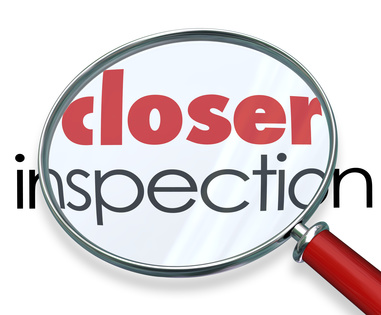Why bigots are so puzzled when they get called "bigots".
Anyone who has spent any time perusing readers' comments under online Daily Telegraph articles may know that the toxic racists and homophobes who post there are often at a complete loss to process the accusation when they are called "bigots" in response to their poisonous remarks.
Words often accrue a meaning from their public use that is generally understood, but that does not lend itself readily to verbal exegesis. Most people seem to have a pretty clear idea of what is meant in our public language by the word "bigot", and most people feel confident using the word in the correct social context. The word does also seem to assume a common value system, as it is clearly a pejorative term, and it seems to be applied to people who cause real or potential suffering to others - usually a class of people - by attributing to the people they vilify some negative qualities on the basis of no, very little, or very selective evidence, and that is impervious to all rational counter-argument and evidence because the judgment is based on negative emotions and malice, or because the judgment has at its root a stubborn adherence to the teachings of a dogmatic religious system.
Those who the majority of the population might feel are appropriately termed "bigots", might themselves be fused with a very different definition of bigotry. For them, the "bigot" is someone who criticises them for making negative judgments about people or groups of people when those judgments are based on a religious faith or other set of beliefs that they deem to be immune from criticism. Or the "bigot" is someone who accuses them of prejudice, of having made their judgment on the basis of inadequate or of selective evidence, and of being impervious to counter-arguments and evidence, where they themselves disagree that these accusations are based in fact.
There is always going to be disagreement about who is, and who isn't, a bigot. He who harbours prejudice and malice, and bats away all evidence of the falsity of his beliefs, has a very different perception of the world from the person who does not. For the former, what most of us call "bigotry" is simply normality - the perspective that every right-thinking person should have - and there is nothing wrong with it.
There is room for people to disagree about who is, and who isn't, a bigot. But it remains the case that someone who is a bigot will regard his mindset as a perfectly natural and reasonable one, and is never going to admit to the condition.
For such a person, the "bigot" is simply the person who presumes to challenge the legitimacy and validity of somebody else's perspective, no matter how offensive that perspective might be perceived to be. This is a self-defeating concept of the word "bigot", of course, as it prevents the real bigot from challenging those who accuse him of bigotry without ensnaring himself in his own peculiar definition of bigotry in the process.
© Gary Powell, 2013

